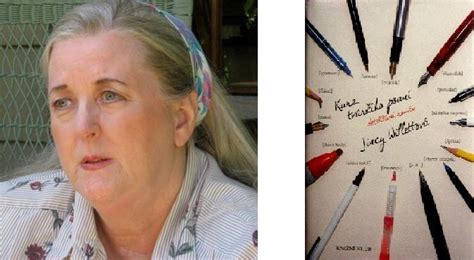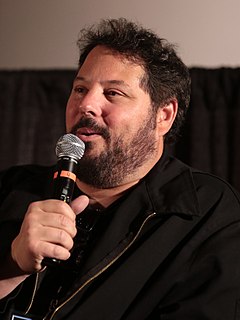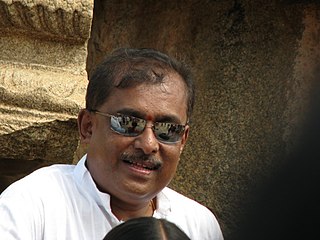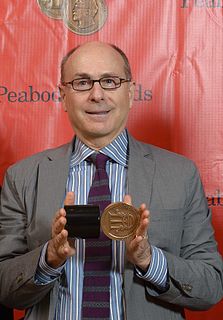A Quote by Mark McKinnon
The initial attraction of a political convention was that often the outcome was not preordained. There was at least some element of surprise. But, now it's like tuning in to a movie where you already know the plot and the ending. It's just not that interesting.
Related Quotes
Fiction writers come up with some interesting metaphors when speaking of plot. Some say the plot is the highway and the characters are the automobiles. Others talk about stories that are "plot-driven," as if the plot were neither the highway nor the automobile, but the chauffeur. Others seem to have plot phobia and say they never plot. Still others turn up their noses at the very notion, as if there's something artificial, fraudulent, contrived.
This element of surprise or mystery — the detective element as it is sometimes rather emptily called — is of great importance in a plot. It occurs through a suspension of the time-sequence; a mystery is a pocket in time, and it occurs crudely, as in "Why did the queen die?" and more subtly in half-explained gestures and words, the true meaning of which only dawns pages ahead. Mystery is essential to a plot, and cannot be appreciated without intelligence.
I got into lobbying kind of against my will at first. I frankly didn't want to be a lobbyist, but I realized that in lobbying I could do things politically that were interesting to me and do some what I thought would be good. I'm not sure it all turned out like that, but at least that was some of the initial thinking.
You might ask yourself why you want to surprise your readers in the first place. A surprise ending is sort of like a surprise party. Probably some people, somewhere, enjoy having friends and trusted colleagues lunge at them in the sudden blinding light of their own living room, but I don't think most of us do.
We want to do things that are interesting, great storytelling, some of it is gonna be more fun and funny, some of it is more serious and talking about interesting issues that we think are provocative and interesting to us. Kind of on a more political level. But, you know, just things that we find interesting that we think stories that need to be told.
I think the Occupy movement will, or at least should, become a protean movement of ideas, as well as action, where the element of surprise remains with the protesters. We need to preserve the element of an intellectual ambush and a physical manifestation that takes the government and the police by surprise. It has to keep re-imagining itself, because holding territory may not be something the movement will be allowed to do in a state as powerful and violent as the United States.
I always try to find something or some way of delivering the lines or playing the scene that you wouldn't normally expect. And I know that sounds weird, because it's not like I surprise people with shocking performances. But in an interesting way... Just being real and as interesting as possible. Usually, that stuff is the spine of the show. It's the humor that you need in a scene, in an intense moment or something.
I don't want to feel what I'm creating on film has an outcome that is preordained. I don't think of the world as a place with a divinity that shapes our end. What you try to do with film is create, as far as you possibly can, an unfolding present - a theatre in which an outcome happens and is tested.
With 'Duplicity', I was a little bit like, 'This isn't that hard of a movie.' This isn't like some huge brain trust of a movie. You gotta be a little bit awake to follow the plot, but it's really just a kind of light entertainment. It's like those Cary Grant movies, which are not meant to be anything other than diverting. In a nice way.


































